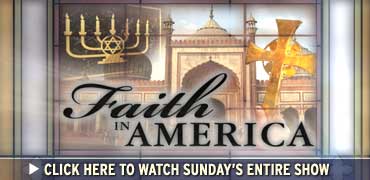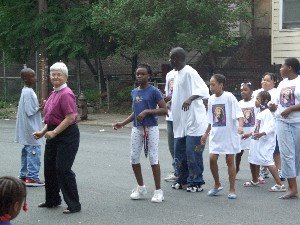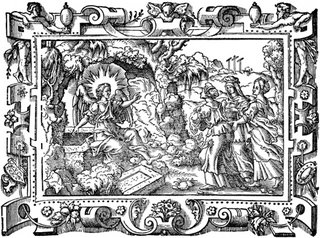New Gospel Discovered!!
Newark, Apr. 8
(CWNews.com) - Archeological researchers in Ridgewood, New Jersey, have discovered an ancient Christian document that offers a radically new account of the founding of the Catholic Church.
The newly discovered document, which scholars have named "The Gospel of Skip and Muffy," was found in an abandoned row house in New Brunswick, New Jersey, which had formerly housed a Rutgers sorority.
Theologians and anthropologists agree that "The Gospel of Skip and Muffy" is likely to cause intense debate among Christians, forcing a complete re-examination of all Catholic teachings.
There is no possible debate, however, about the authenticity of the document. "It was typed on an IBM Selectric II," reported Dr. Ernest Litewaite, an associate professor of Contemporary Archeology at Kutztown State. "Using a Courier 72 10-pitch element." The document is believed to be a copy of an earlier statement, crafted by students at an East Coast private college sometime around 1970.
"The Gospel of Skip and Muffy" is an extended dialogue between two young theologians who take a startling new approach to the faith. The document suggests that young Christians of the 1970s generation did not accept Church teachings on some controversial moral issues.
B.F.D. Zeitgeist, a Professor of Serious Christianity at Dupont University, said that the Gospel of Skip and Muffy will force Christians to re-examine the nature of Church authority. He pointed to one key passage in the manuscript:
"The Church is-- I mean-- it's just a bunch of, like, rules and stuff," said Muffy."Yeah," Skip replied. "I mean, really. Hey, don't let that thing go out."
Ultraconservative Catholic officials may not accept the validity of the new Gospel. Spokespersons for the Newark archdiocese did not immediately return a reporter's phone call. But Msgr. Pius Grümbling, a pastor in Hoboken, replied to queries by saying: "OK, that's right. We do not accept the validity of this document."
But Professor Zeitgeist doubts that Church officials will be able to stop parishioners from raising questions about the new document. He cites "astonishing new insights" such as the one contained in this passage:
"Have you ever thought," said Skip, "that the solar system is just like an atom in this really gigantic alternate universe, and the planets are just, like, electrons spinning around, and the sun is, like, the nucleus?" "Wow," said Muffy. "Heavy. And then we'd be, like, just tiny little, like, specks that you can't even see.""Riiight," said Skip, exhaling slowly. "Far out, huh?"
"This document will force Christians to re-examine all of their basic moral principles," said Professor Zeitgeist, "starting with the outmoded and inhumane taboo that prevents teachers from having love affairs with their students."
"Or with reporters," the professor added, smiling. "Would you care for a daiquiri?"
Professor Litewaite said that he had found the manuscript of the Gospel of Skip and Muffy several months ago. "The significance of the discovery was immediately obvious," he said. "But my publicist suggested that I should wait until Holy Week to make it public."





















